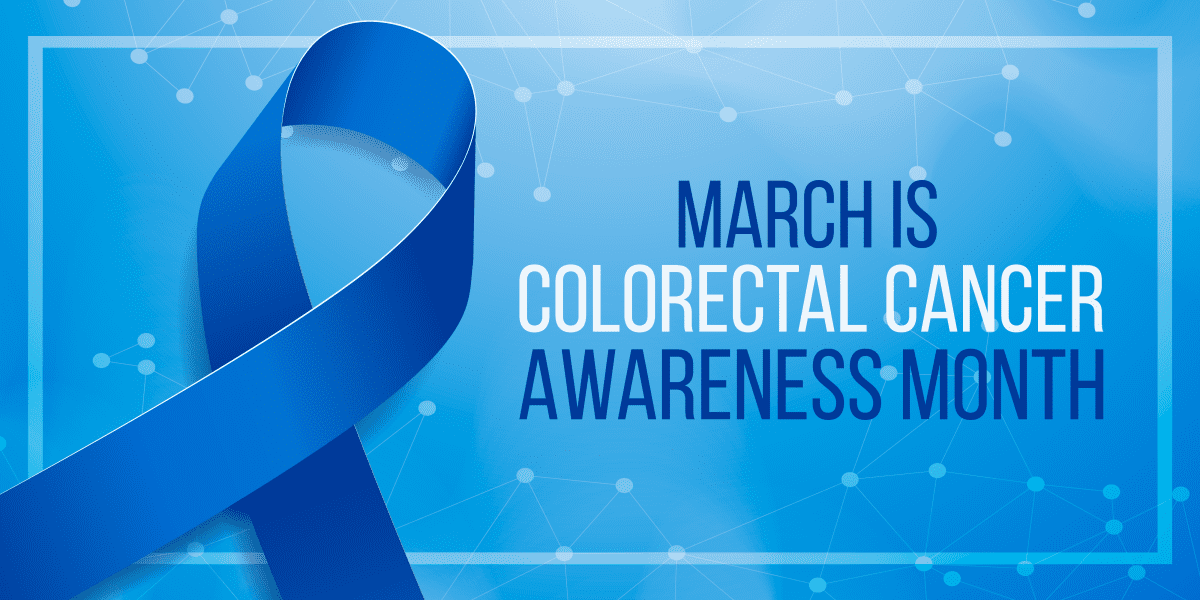Search by Color or Cause


National Colorectal Cancer Awareness Month takes place each March. The color blue represents National Colorectal Cancer Awareness Month. Wear a blue enamel awareness pin, fabric ribbon or blue silicone wristband bracelet to call attention to colorectal cancer. Colorectal cancer is the second leading cause of cancer death in the United States, only behind lung cancer. In addition, The National Cancer Institute projects that the diagnosis rate in the United States in 2023 will be 153,020 people. Of these, approximately 52,550 will die of it. Awareness is key!
Why do we fight? We fight for the lives of our loved ones, for a future where colorectal cancer is no longer a threat. What are we fighting for more of? We are fighting for more awareness, more research, and more support for those affected by this disease. Why should we keep fighting? Because colorectal cancer is now the #1 cancer killer among men under 50, and #2 for women under 50, just behind breast cancer, according to a recent ACS report. We must save young lives from this disease!
In fact, prioritizing colorectal cancer isn’t a choice. It is a NEED!
Many cases of colorectal cancer are preventable. Screening and removal of polyps during colonoscopy can prevent colorectal cancer. Colonoscopy can also detect colorectal cancers at early stages, when treatment is more likely to be successful. The five-year relative survival rate for localized colorectal cancer is 90.9 percent, according to the National Cancer Institute’s Surveillance, Epidemiology, and End Results (SEER) Program. The survival rate drops as the cancer spreads beyond the colon or rectum.
Colorectal cancer is more common in men than women. It is also more common among African Americans than people of other races. Further, the median age of diagnosis in the United States is 66 years. 78 percent of newly diagnosed patients are aged 55 and older. Blacks have higher incidence of colon cancer. In addition, they experience higher mortality rates from colorectal cancer than any other racial group in the United States. This is a significant cancer health disparity.
Meanwhile, early-onset colorectal cancer, defined as a diagnosis before age 50, is on the rise. This currently accounts for about 12 percent of all colorectal cancer cases.
Doctors are even seeing more cases of metastatic cancer in people in their twenties and thirties. The AACR journal, Cancer Epidemiology, Biomarkers & Prevention (CEBP), published a study of early-onset metastatic colorectal cancer. A writeup of the article can be found here: Younger Adults Have Sharpest Increase in Metastatic Colorectal Cancer.
The AACR Cancer Disparities Progress Report 2022 examined disparities in the burden of cancer among U.S. racial and ethnic groups including colorectal cancer disparities.
Research presented at the AACR Annual Meeting 2021 found that in colorectal cancer patients under age 50, genetic alterations varied by race. For this reason, this data could help pave the way to understanding more about the disparity.
People of African descent who receive genetic testing for colorectal cancer have fewer actionable mutations compared with white people, suggesting fewer available treatment options. While colorectal cancer incidence has gone down among older people, incidence rates have steadily increased for people under age 50. Younger people are more likely to be diagnosed at a later stage and have unique challenges that come with facing cancer in their prime.
Please see Colorectal Cancer, which includes detailed information on prevention, screening, and treatment.